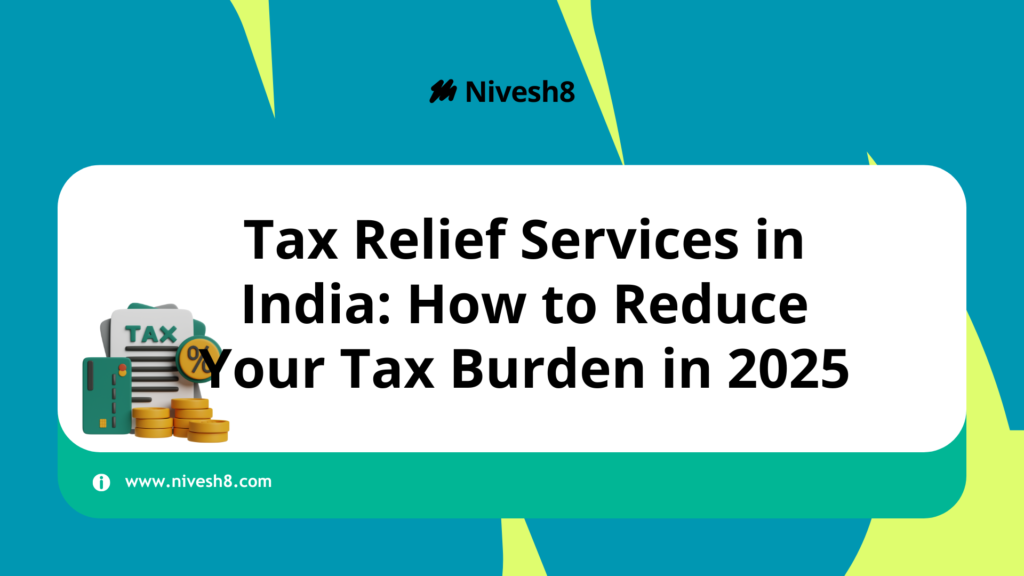Online filing of income tax returns (ITR) has never been simpler. Government programs and digital tools let taxpayers file their returns without paying money for tax consultants or accountants. Whether your business is small, self-employed, salaried, or a salaried employee, free taxes online is a great approach to save money while remaining tax law compliant.
Who Might File Free Online Taxes?
Should you fit any of the following groups, you can freely file your taxes online in India:
- Salaried workers drawing money from one company
- People earning capital gains or house property income
- Self-employed persons without complicated deductions and freelancers
- Retired persons and pensioners getting consistent income
- Small business owners operating under the presumptive taxing system
Where Can One Free Online File Taxes?
1. Department of Income Tax e-Filing Portal
India’s Income Tax Department offers a free e-Filing portal whereby people may quickly and simply file their tax returns. The system pre-fills specifics from PAN-linked accounts and supports several ITR forms.
2. Government-Approved e-Filing Systems
For those with simple income sources especially, some tax platforms are approved by the government to offer free ITR filing services. These systems provide a guided, step-by-step method guaranteed of accuracy.
3. Banking and Financial Institutions
Many banks and other financial institutions offer their clients free tax filing tools. Check whether the major bank your salary account is with provides tax filing assistance.
Detailed Guide on Online Free File Taxes
First Step: Compile Your Documentation
Get the following documentation before beginning the filing process:
- Form 16 (for salaried employees)
- PAN Card and Aadhaar Card
- Bank account information
- Investment proofs supporting deductions (PPF, ELSS, LIC, etc.)
- Income specifics from all sources—salary, rental, business, etc.
Second Step: Log Onto the e-Filing Portal
Log on using your PAN number and password after visiting the official Income Tax e-Filing website. First, you should register if you are a first-time filer.
Third Step: Pick the Correct ITR Form
- ITR-1 (Sahaj): For salaried people earning up to ₹50 lakh
- ITR-2: For those having foreign assets or capital gains income
- ITR-3: For professionals and businessmen
- ITR-4 (Sugam): For those under the presumptive taxation system
Fourth Step: Pre-Fill and Check Details
The portal offers pre-filled information based on your PAN-linked financial activity. Check the specifics and, if needed, make required adjustments.
Fifth Step: Claim Deductions
Claims under Section 80C, 80D, and 24B will maximize your tax savings. Some typical deductions consist of:
- PPF, EPF, and ELSS investments
- Section 80D: Health insurance rates
- Section 24B: Deduction of home loan interest
Sixth Step: Figure Your Tax Liability
The system will figure your total tax owing or refund amount once all the details are entered. You will be qualified for a refund should you have paid more taxes than advised.
Seventh Step: Submit and Verify Your ITR
Review the final return and then online file the form. You must then confirm your return using any one of these approaches:
- OTP Verification for Aadhaar
- Electronic net banking e-verification
- Forwarding the Income Tax Department a signed ITR-V form
Online Free Tax Filing Benefits
- Money Savings: Not necessary to pay for expert tax filing services.
- Quick and Easy: For most taxpayers, the online procedure takes less than thirty minutes.
- Steers Clear of Fines: File before the deadline to avoid late penalties and legal problems.
- Faster Tax Refunds: Online verification accelerates the tax refund processing.
- Safe and Trustworthy: The government portal guarantees correctness and data security.
Last Notes
Nowadays, filing free taxes online in India is simpler than it has been. Multiple digital platforms and government projects allow you to finish your tax return in minutes without paying additional fees. If you haven’t yet filed your return, use this advice to file before the deadline to prevent unneeded fines.



